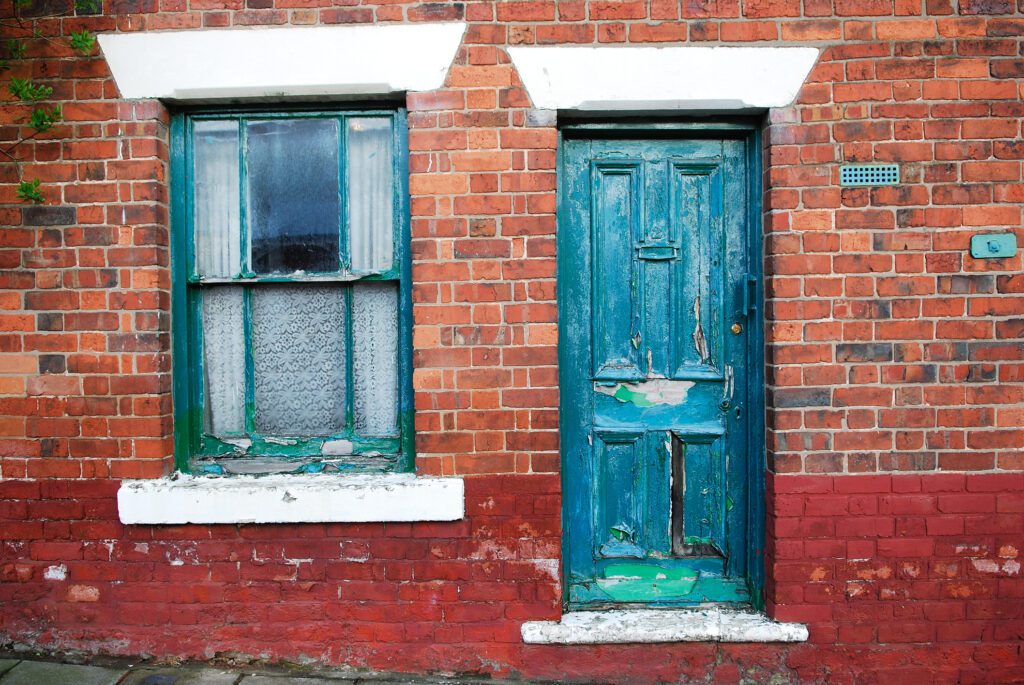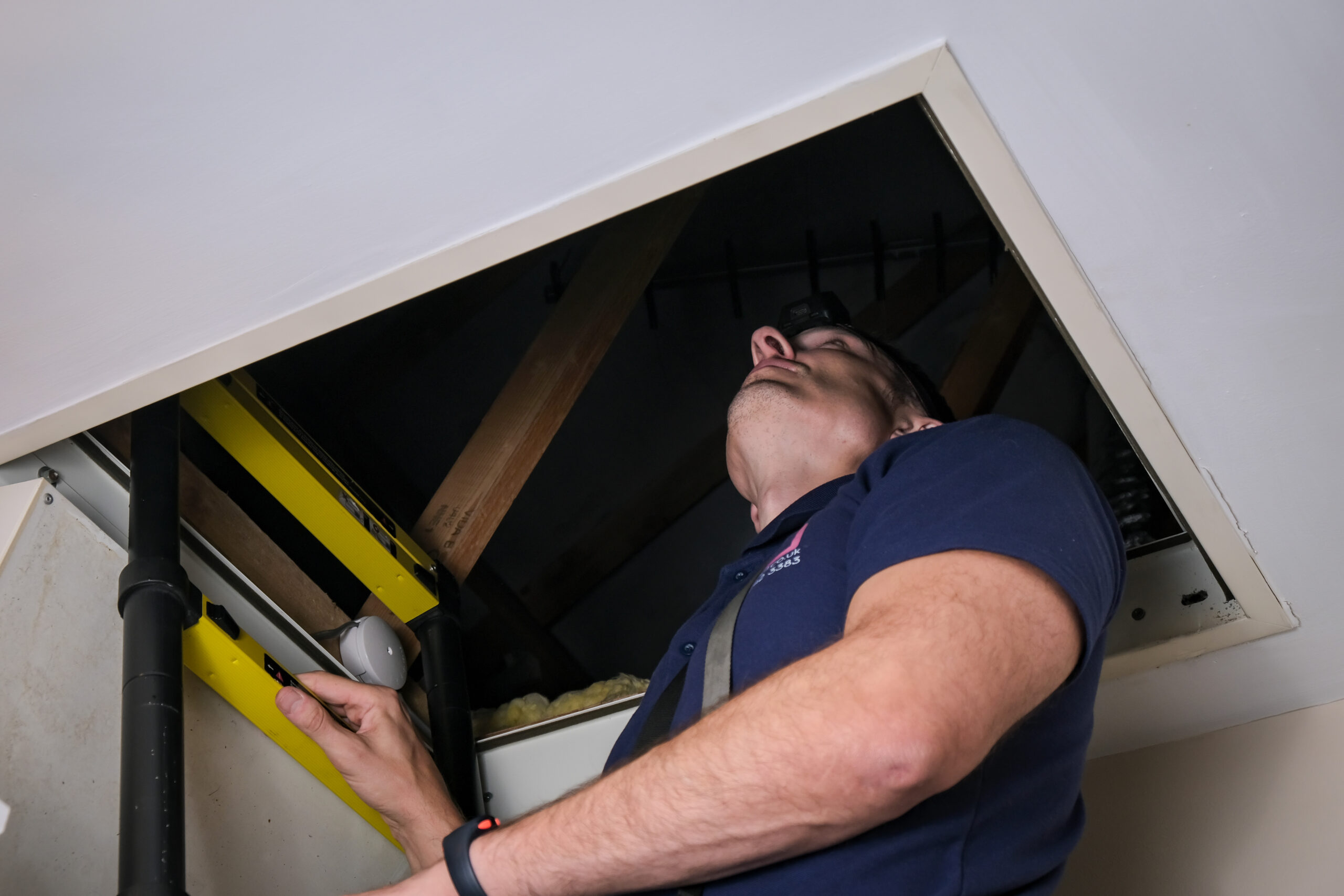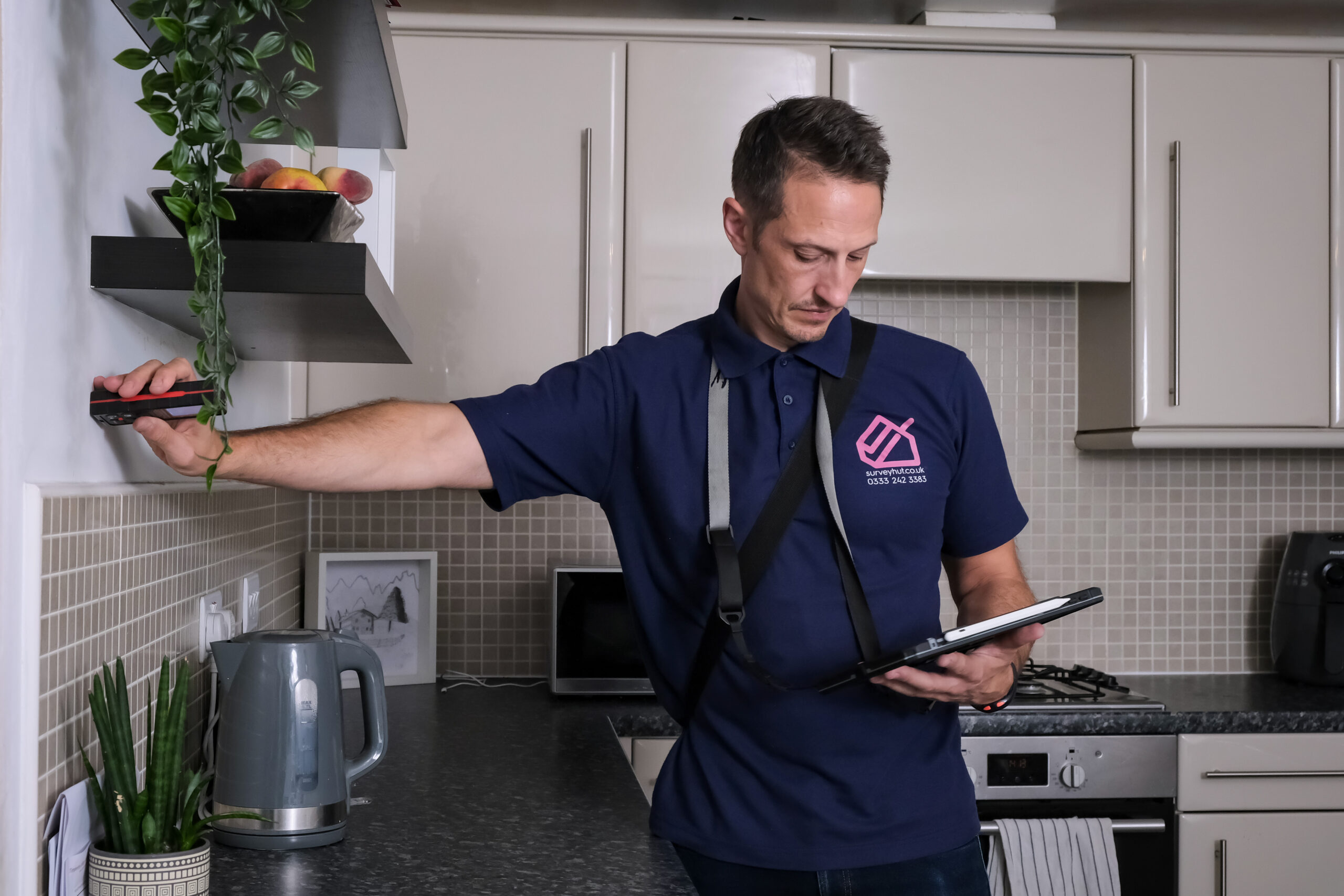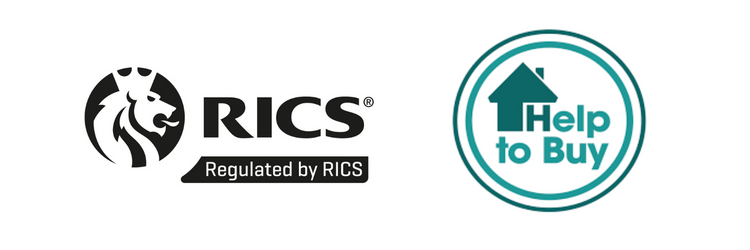Buying a home is one of the biggest financial commitments you’ll ever make. With mortgage rates changing and the housing market becoming increasingly competitive, many buyers feel pressure to move quickly. But rushing through the process without a proper home survey can lead to costly consequences down the line.
A home might look perfect on the surface, but hidden defects could cost you thousands to fix after you’ve already moved in. Here’s why skipping a home survey could be one of the most expensive mistakes a buyer can make, and how getting a Level 2 or Level 3 survey from Survey Hut can protect your investment.
What Is a Home Survey, and Why Does It Matter?
A home survey is an independent inspection of a property’s condition, carried out by a RICS-qualified surveyor. It provides a clear, objective view of the home’s physical state and identifies any potential issues that may require attention.
There are different types of surveys, but the two most common for buyers are:
- Level 2 Home Survey – Ideal for newer or well-maintained homes. It highlights visible problems such as damp, roof damage, and outdated electrical systems.
- Level 3 Home Survey – Recommended for older properties, larger homes, or those that have been extended. It offers a more in-depth visual assessment and guidance on necessary repairs and maintenance, though it does not include structural reports.
Without a survey, you’re buying blind. And the risks can be costly.

Real-World Examples of Costly Survey Oversights
In one recent example, a homebuyer nearly completed the purchase of a charming 1930s semi-detached house. Everything appeared in good order during the viewings, but a Level 3 survey revealed signs of historical subsidence and extensive damp hidden behind freshly painted walls. The surveyor’s report provided photographic evidence and cost estimates for repair work totalling over £12,000.
Armed with this information, the buyer was able to renegotiate the sale price by £10,000, covering the majority of the necessary works. Without the survey, these issues would likely have gone unnoticed until after the move, resulting in unexpected and stressful expenses.
In another case, a first-time buyer purchasing a 1990s terrace discovered during a Level 2 survey that the boiler was over 20 years old and due for replacement. The surveyor also noted missing roof tiles and poor loft insulation. These findings allowed the buyer to negotiate a £5,000 discount on the asking price and budget for upgrades from the outset.
Many buyers who skip surveys live to regret it. According to a study by Barclays Mortgages, 51% of first-time buyers wished they had renegotiated the price after discovering post-sale issues, with 1 in 5 overpaying by an average of £8,000.
Common issues that buyers face without a survey include:
- Damp and mould hidden behind furniture or paint
- Roof damage that only becomes apparent after a storm
- Old or unsafe wiring that fails modern standards
- Subsidence or movement in walls and foundations
- Outdated heating systems that require complete replacement
Each of these could run into the thousands to fix, money that many buyers haven’t budgeted for after spending their savings on a deposit.
A Survey Helps You Negotiate Smarter
One of the biggest advantages of having a survey is the negotiating power it gives you. If issues are found, you can:
- Renegotiate the price to reflect the cost of repairs
- Request that the seller fix the problems before completion
- Walk away from the deal if the defects are too significant
In a fast-moving market, sellers may still be willing to negotiate to keep the sale on track, especially when presented with a professional report from a RICS-qualified surveyor.
It’s Not Just About Big Problems
While major defects are important, even smaller issues identified in a survey can affect your finances. Things like insufficient insulation, missing guttering, or poor ventilation may seem minor, but they can add up. Surveys also provide maintenance advice, helping you plan for the future rather than being caught off guard by recurring repairs.

Don’t Rely on the Mortgage Valuation
A common misconception is that a mortgage valuation counts as a home survey. It doesn’t. Valuations are for the lender’s benefit, not yours, and they only assess the property’s market value and suitability for a loan. They won’t tell you if the roof leaks or the electrics are outdated.
A proper RICS home survey puts you in control.
How Survey Hut Can Help
At Survey Hut, we make it simple to get the insights you need to move forward with confidence. Our RICS-qualified surveyors provide detailed, jargon-free reports that highlight what matters most.
We offer:
- Level 2 Home Surveys for modern homes in reasonable condition
- Level 3 Home Surveys for older or more complex properties
- Fast, clear reporting and a friendly, professional service
We won’t overwhelm you with technical terms, just honest, expert advice to help you protect your investment.
Book Your Survey Before It’s Too Late
In a competitive housing market, it’s easy to get swept up in the pace of things. But skipping a survey could cost you far more than it saves in time or upfront fees.
Whether you’re a first-time buyer or purchasing your forever home, a professional home survey is one of the smartest decisions you can make. Avoid surprises. Get peace of mind. Book your Level 2 or Level 3 survey with Survey Hut today.
Sharing is caring!




